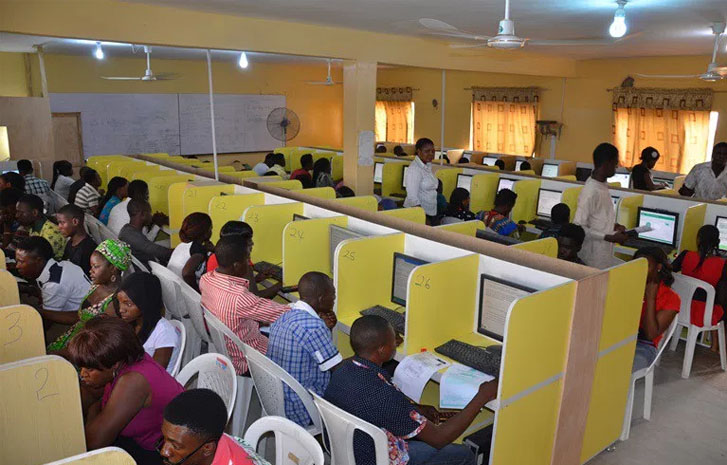ASUP had declared an indefinite strike last Tuesday over alleged poor funding and neglect of the institutions.
However, the union has kicked against the appointment of principal officers for the six new federal polytechnics.
When THISDAY sought for an update on the ongoing strike, the President of ASUP, Mr. Anderson Ezeibe, said the union had not been invited for negotiations by the federal government.
He said since the last meeting they held on Tuesday with the Federal Ministry of Education, which yielded no positive outcome, the union had not been invited for talks again.
“You know we held a meeting with the Federal Ministry of Education last Tuesday but since that time, all we have been hearing was that there will be meeting but we are yet to get an invitation,” he added.
Also, it was gathered from a source at the Federal Ministry of Labour and Employment that the ministry can only wade into the matter if the Ministry of Education refers the issue to it for conciliation.
However, the dispute has deepened as ASUP has kicked against the appointments of rectors and other principal officers for the six new federal polytechnics, saying it did not meet the required standards.
In a statement by Ezeibe, the union said: “Our union’s attention has been drawn to a recent press statement from the Federal Ministry of Education announcing the appointment of rectors and other principal officers for the six new federal polytechnics situated in Enugu, Oyo, Cross River, Plateau, Borno and Benue states.”
The union stated that the appointments violated provisions of the Federal Polytechnics (Amendment) Act, 2019, adding that five out of the six new rectors were not qualified for the position having fallen short of the requirements captured in Section 8, 2 (a) (i )of the Act.
Ezeibe said the profiles of the appointees showed that five out of the six persons did not fit into the requirements of the law for the appointment of rectors in federal polytechnics.
According to him, these beneficiaries include the appointees for federal polytechnics Ohodo (Enugu), Ugep (Cross River), Shendam (Plateau), Monguno (Borno), and Wannune (Benue) .
“It is regrettable that the government, through officials of the Federal Ministry of Education has become principal violators of the laws governing the operations of Nigerian polytechnics.
“This latest assault is despite the contents of a recent ruling of the National Industrial Court in Abuja where the provisions of the Federal Polytechnics (Amendment) Act, 2019 was affirmed by the court and the Federal Ministry of Education and her officials undertaking to observe the provisions in totality.
“Despite the contents of the judgment of the court in NICN/ABJ/12/2020 involving our union and the Attorney-General of the Federation, Minister for Education and five others in a similar issue, our union had drawn the attention of the Federal Ministry of Education on the need to adhere to the provisions of the law in this appointment process more than a month before this recent naked display of impunity,” he added.
Ezeibe said part of the union’s current engagement with the government was to reverse the trend of administering polytechnics outside extant laws and regulations.

 Billionaire Watch3 weeks ago
Billionaire Watch3 weeks ago
 Startups4 weeks ago
Startups4 weeks ago
 News4 weeks ago
News4 weeks ago
 News4 weeks ago
News4 weeks ago
 Bitcoin4 weeks ago
Bitcoin4 weeks ago
 Naira4 weeks ago
Naira4 weeks ago
 Forex3 weeks ago
Forex3 weeks ago
 Treasury Bills4 weeks ago
Treasury Bills4 weeks ago
















